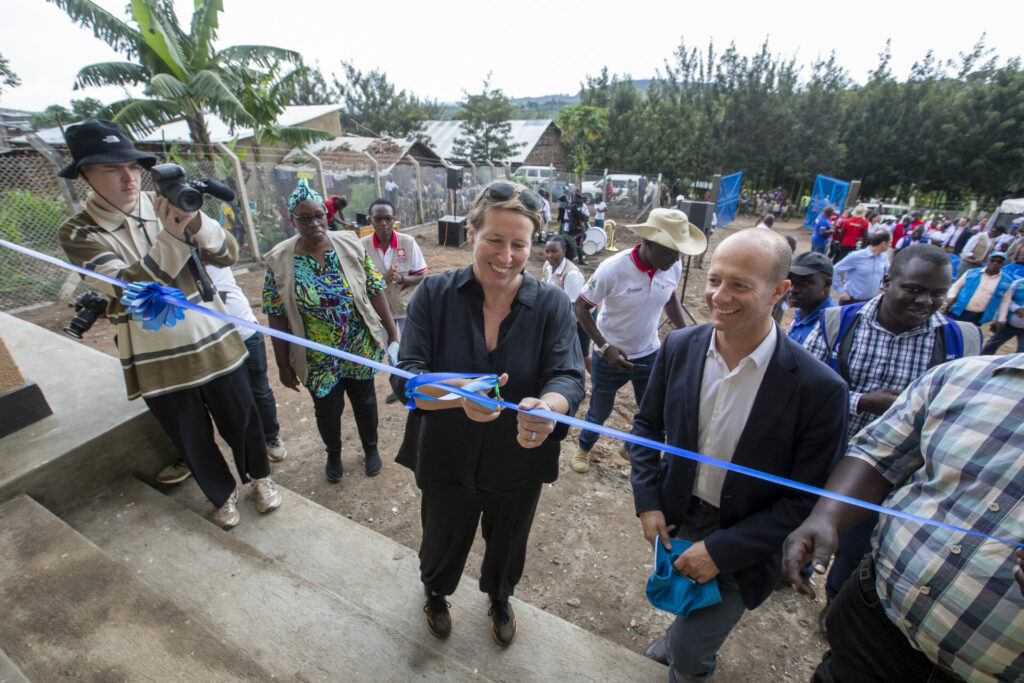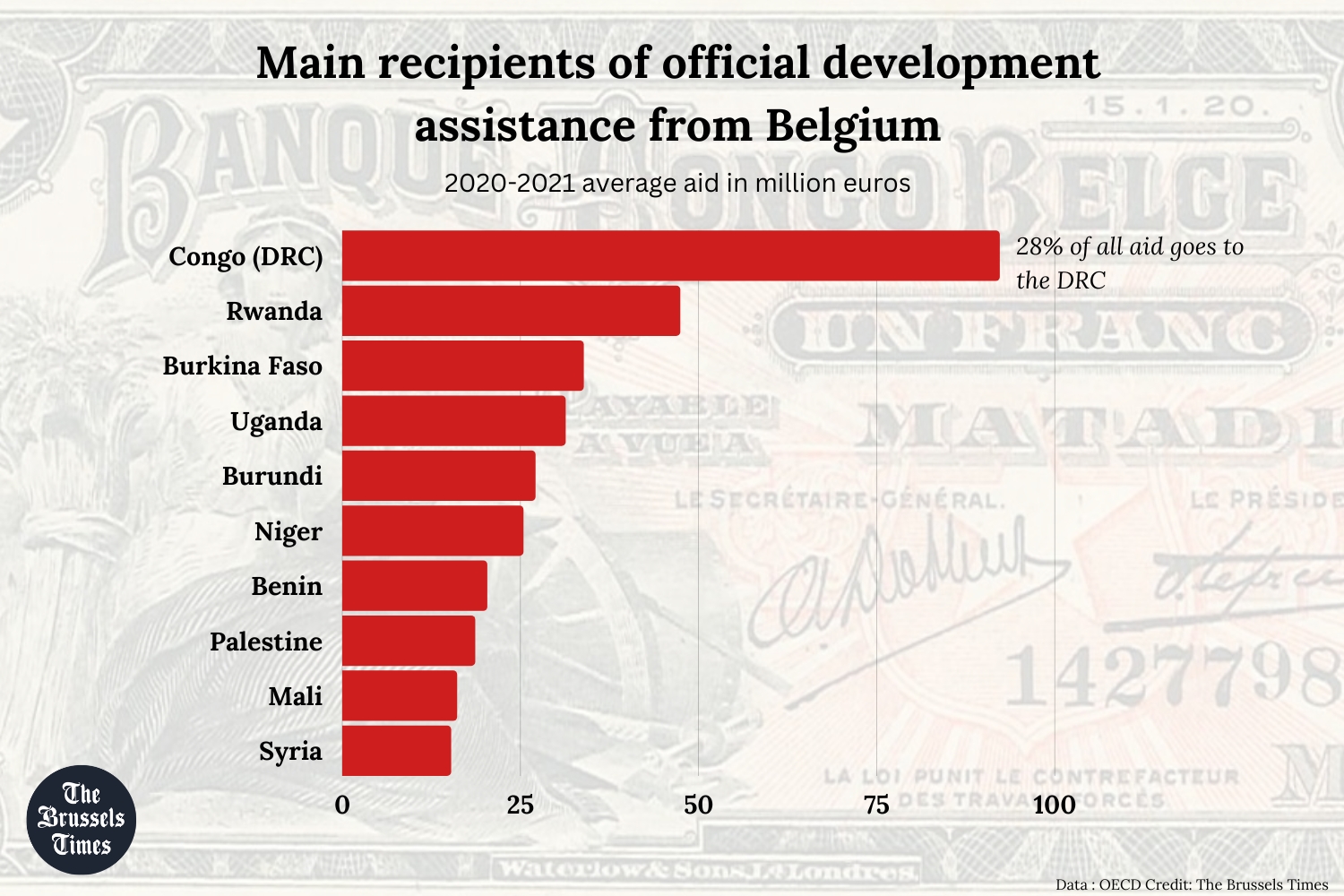Colonialism, self-interest and racism still mark Belgian development aid cooperation, shows a new study commissioned by the Ministry of Development Cooperation and led by Vrije Universiteit Brussel (VUB).
The report calls for the decolonisation of development strategy, warning that this means more than "a comfortable buzzword". The authors call to "change its DNA" through new forms of decision-making, dismantling hierarchies and co-management which invests itself in the local culture.
The research was conducted in interviews and workshops with over 200 participants from NGOs, governments and academia. 78 participants were Belgian and the rest were from development partner countries Bolivia, Cuba, Uganda and the Democratic Republic of Congo. The Belgian participants included staff from the Belgian Directorate-General for Development Aid (DGD) which manages over half of the country's development aid.
"Most of the participants from these partner countries agreed that paternalism and the 'white saviour complex' still prevail in Belgian development aid," the report explains.
Development aid is the funding or financing that rich countries provide to "the least well-off countries" in order to improve living conditions, according to the French Development Agency. "Development cooperation" is a more recent term and refers to a longer process of collaboration that is meant to suggest more reciprocity. The terms are often used interchangeably, with some claiming the shift from aid to cooperation is more of a language swap than a change in methodology.
Colonial past and present
The Belgian DGD says that development cooperation extends "far beyond drilling wells and building schools" – their general objective is sustainable human development. In 2021, Belgium allocated €2.19 billion to official development assistance, out of which over €1.2 billion was managed by the DGD.
On its website, the DGD says that one of the reasons that the government spends on development aid is the fact that it bears responsibility for the situations of poverty due to the colonial past.
In the VUB report, respondents from the Global South countries where Belgium carries out development projects expressed dissatisfaction with how payment mechanisms are designed and implemented. They argue that the knowledge of the local context is superficial, producing sub-optimal results on the ground.
"The development aid industry seemed to have a hidden agenda," says the report of the respondents' perception, who feel that donors' political agendas are often disguised as partnerships. Beneficiaries get the feeling that what is given as aid is in fact "masquerading and not a genuine partnership."
The unequal status quo is deeply ingrained, the report suggests."I'm an ex-pat and I became part of the system. You become part of a system because it also gives you advantages that you didn't have before," reflects a development aid staff worker.
Racism and other forms of discrimination are not properly addressed and respondents hint that such behaviour is "extreme and structural". In one example, a respondent from a partner country recounts meeting a Belgian development worker who refused to work alongside the local black population and requested a separate office space.
Give and take
The roots of the foreign aid system itself lie in the colonial era when European empires and American industrialists used their money to build infrastructure in the colonies. After the end of colonial rule, aid was supposedly meant to help countries rebuild, but also provided an opportunity for former colonisers to exert control and use aid as "ransom", Themrise Khan, international development professional, explained to the Guardian.
"I feel like when countries distribute aid, sometimes it is not based on how great is the need, but rather what the donor country can get out of it," says a source who works at a major global development organisation. "Sometimes it is about interests with the receiving country, international relations-wise."
Related News
- Decolonising the mind: Afro-Belgians to be honoured in public spaces
- Brussels adopts plan against racism and anti-Semitism
- Colonial statues in Halle given 'critical interpretation' but not removed
Belgian development aid is not the only flawed system. Criticism of the foreign aid industry and its contradictions has been mounting in recent years. If the sector is to survive it may soon have no choice but to actively decolonise.
Many respondents saw stopping development aid as the only viable solution to the system's faults. They proposed alternatives in the form of reparations and debt cancellation for Global South countries.


